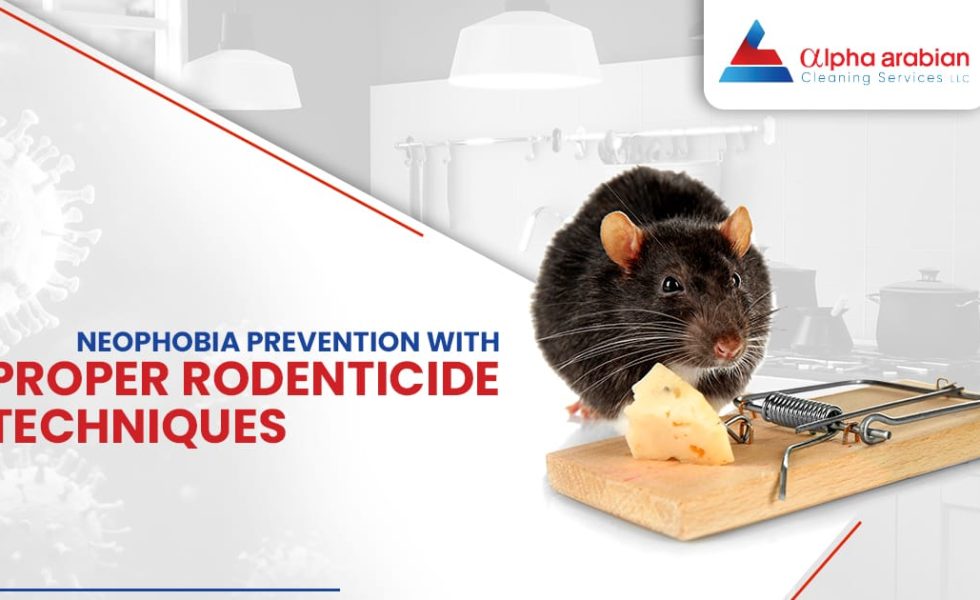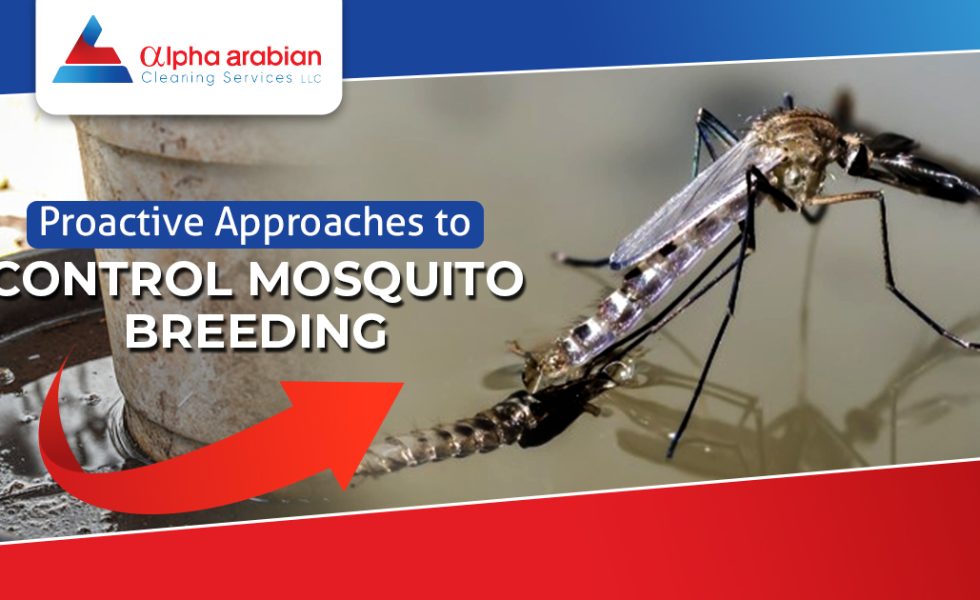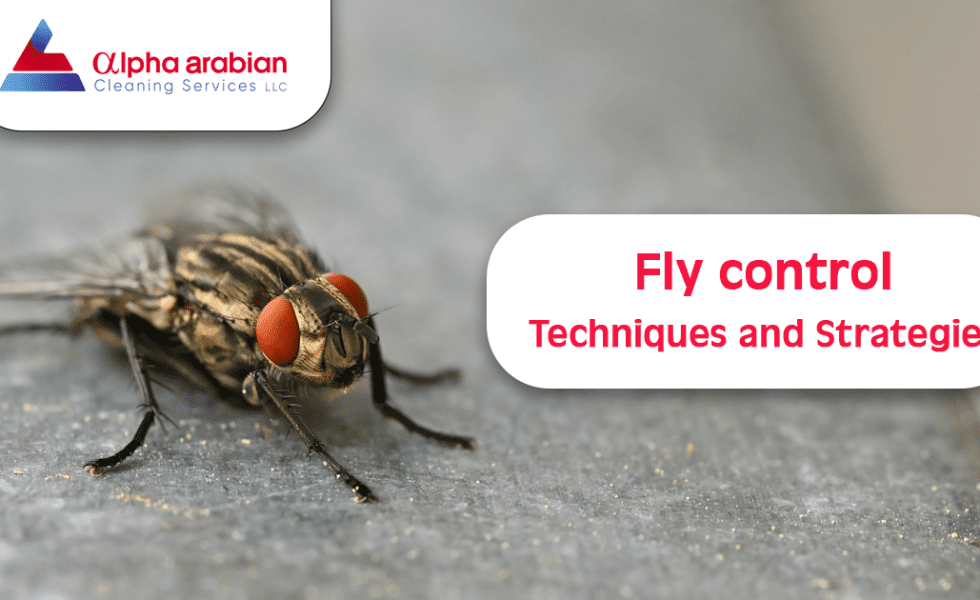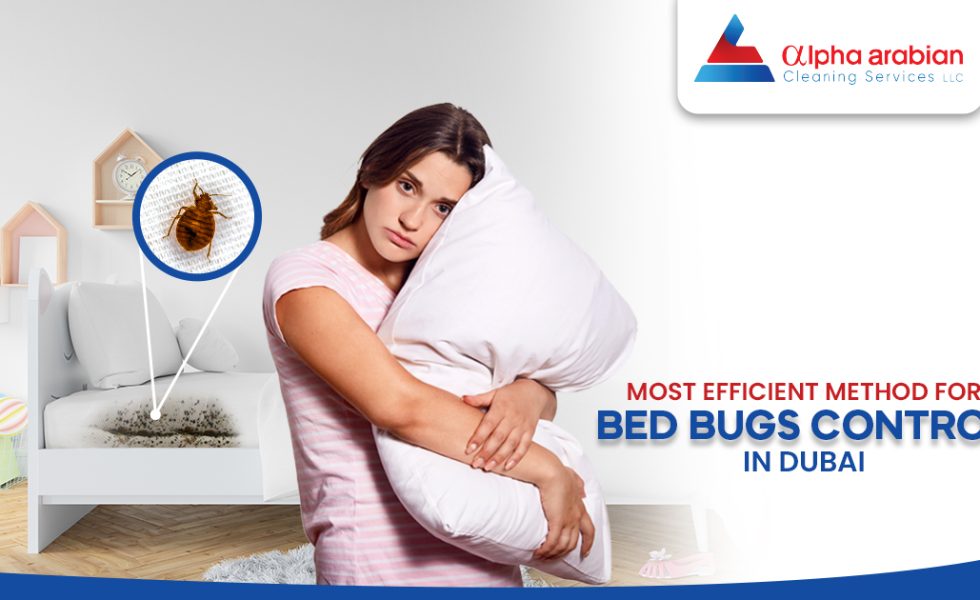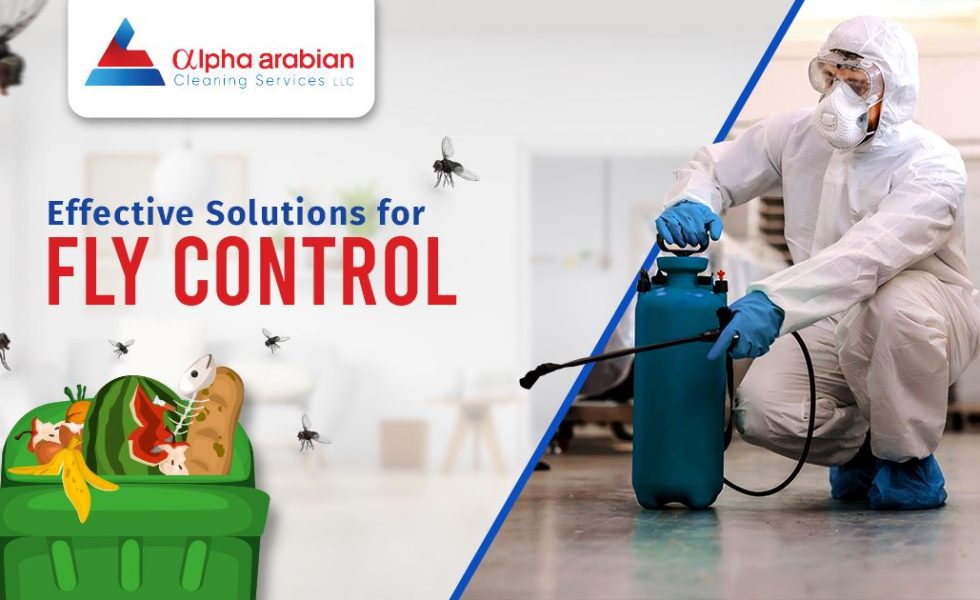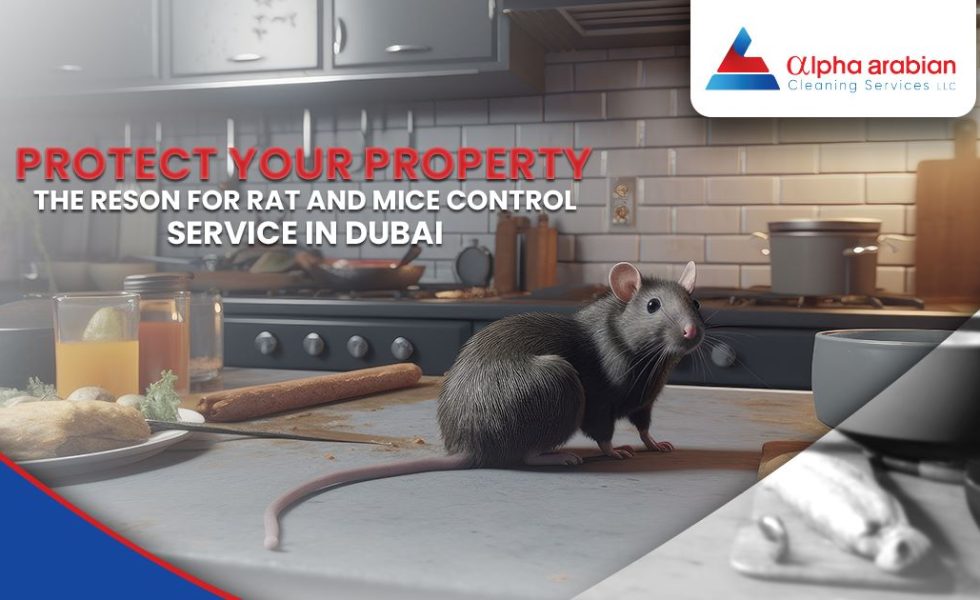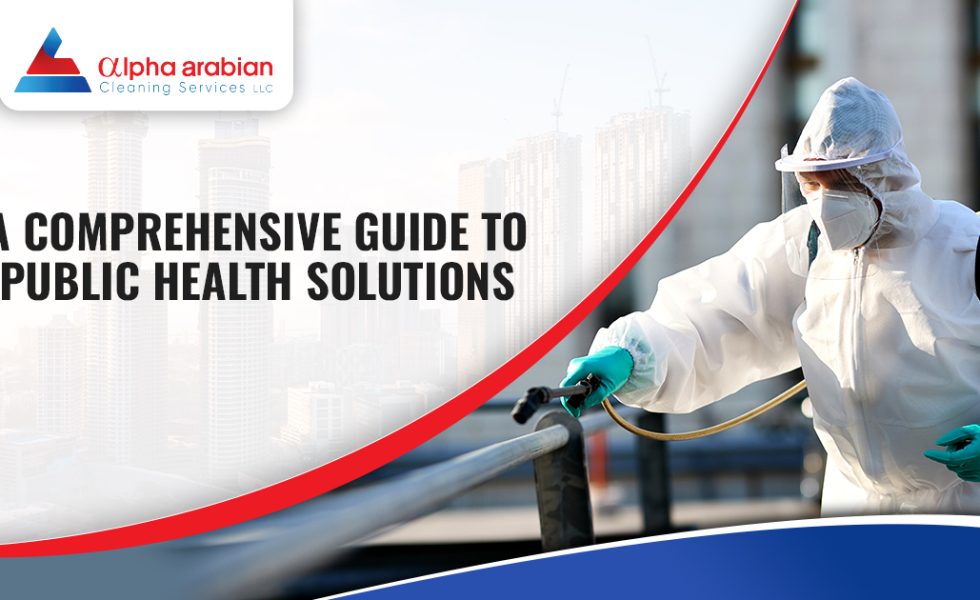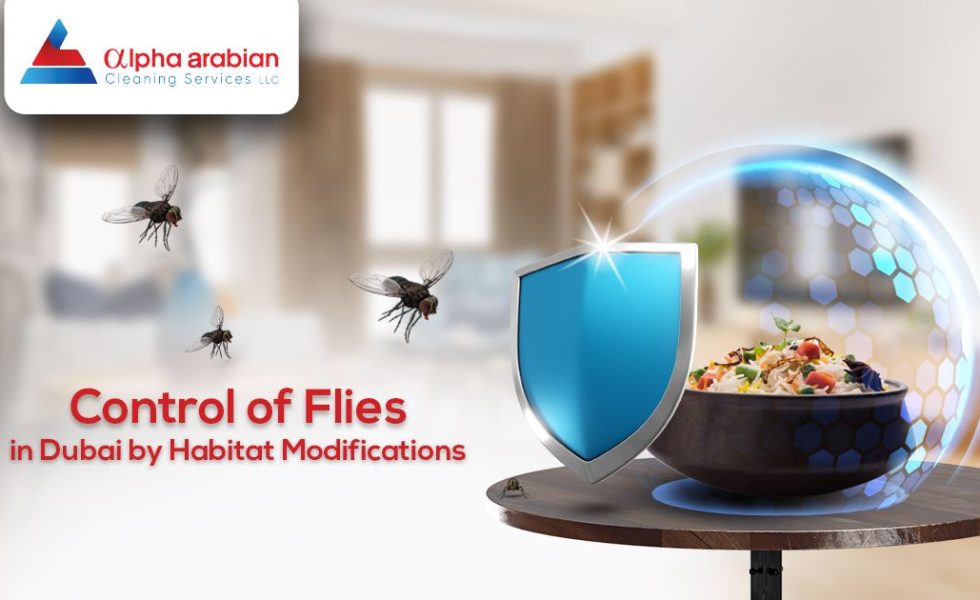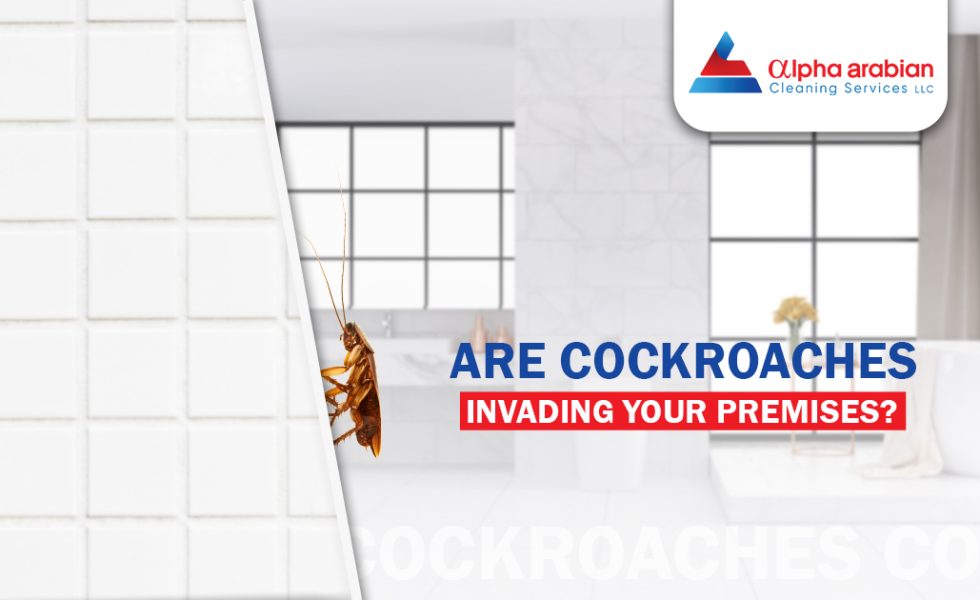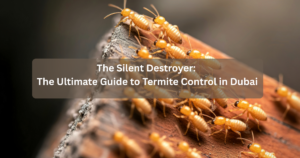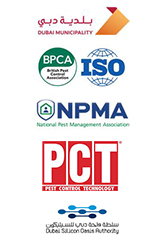Neophobia prevention with proper rodenticide techniques.
Rat infestations can pose significant challenges in urban environments like Dubai, where these pests can thrive and cause various issues. By employing the right strategies and rodenticide techniques, it is possible to implement successful rat control programs and neophobia prevention. However, rodenticide techniques require understanding their behavior, particularly neophobia, which is the aversion to new objects.
This blog will provide insights into neophobia prevention, utilizing rodenticide technique, and ensuring effective pest control in Dubai.
Neophobia: Neophobia, the fear of new objects, is a significant factor that influences rat behavior. Rats approach new objects, including potential food sources, with extreme caution. This cautious behavior can delay their acceptance of bait and hamper control efforts. Understanding this behavior is crucial in implementing effective control measures.
What is the Impact of Neophobia on Rat Control?
Rats are hesitant to approach unfamiliar objects such as bait stations or traps. Even though they used things that they had no idea about the threat behind the thing. They will begin to explore the thing. Before that, rats may avoid the bait, traps, or boxes. They may cautiously take a minimal amount of bait to assess any potential risks before consuming it more freely. Rats accustomed to environments with frequent changes tend to exhibit a neophobic prevention ,response compared to those inhabiting undisturbed sites. Consequently, in areas with regular human presence, one may observe a quicker acceptance of new objects compared to derelict properties.
Neophobia prevention
- Reduce Environmental Impact: When laying rodenticides, disturbing the environment as little as possible is important. Rats are more likely to accept bait if it appears undisturbed and blends seamlessly into their surroundings. Avoid changing the environment drastically, as it may trigger neophobic responses.
- Pre-Baiting: Before introducing toxic baits, use the pre-bait with the same bait base without the toxicant. This approach familiarizes rats with the bait, increasing their acceptance and reducing neophobic tendencies. Allow rats to feed on the pre-bait for a few days before replacing it with the toxic bait.
Rodenticide Techniques:
- Acute Poison Baits: These baits should use only after adequate pre-baiting with the identical bait base without the toxicant. Gradually introducing the toxic bait, rats become accustomed to the flavor and scent, increasing the chances of successful bait consumption.
- Second-Generation Anticoagulant Rodenticides: These products are less likely to fail due to neophobia compared to first-generation products. Second-generation anticoagulant rodenticides are used strategically in rodent control programs. However, adhering to the safety guidelines and regulations is crucial when handling and applying these substances.
- Pest Management method: Employing an approach to pest control in Dubai is vital for long-term rat control and neophobia prevention. This method combines multiple strategies such as habitat modification, exclusion techniques, trapping, and baiting to reduce rat populations and prevent future infestations. By integrating various control methods, reduce the reliance on rodenticides alone.
Summing Up
Controlling rats effectively in Dubai requires a comprehensive understanding of rat behavior, specifically Neophobia. By implementing preventive measures to overcome neophobic tendencies and utilizing rodenticide techniques strategically, it is possible to achieve successful rat control. However, it is essential to emphasize the responsible use of rodenticides and consider integrating pest management approaches like Alpha Arabian pest control in Dubai for long-term and sustainable results. Remember, consult our pest control in Dubai for ensuring safe and effective rat control.
Proactive Approaches to control mosquito breeding
Taking proactive mosquito control measures is essential to maintain the breeding for a mosquito-free environment and protect public health. Mosquitoes are a common nuisance and a potential health concern in Dubai, with various mosquito breeding locations found throughout the Emirates. Mosquitos play a vital role in spreading various diseases. Sometimes these viruses pose a danger to humans. An effective pest management services is the only source to control mosquito breeding from your space.
In this blog post, Let’s find out the different mosquito breeding locations in Dubai and discuss essential strategies for proactive mosquito control.
Ground Water: During summer, groundwater collections tend to be highly saline in Dubai. However, certain mosquito species like Aedes caspius can tolerate saline conditions. Culex quinquefasciatus, another common mosquito species, may breed in less saline groundwater or after dilution by rain.
RainWater Collections: After heavy winter rains, water is left behind which is generally not a breeding site due to wave action and relative depth. These bodies of water have low nutrient levels, resulting in mosquito larvae occurring at low densities.
However, as the water level falls and discrete puddles form, these areas become more conducive to mosquito breeding. Mosquito larvae densities in rainwater collections are higher in water contaminated with sewage materials. As a result, mosquito infestation occurred due to this condition. Mosquito species like Culex quinquefasciatus and Anopheles stephensi breed in rainwater collections in and around Dubai City.
Proactive Mosquito Control Measures:
Infilling of Depressions: Pest management services adopt long-term solutions to mosquito breeding involving infilling depressions that collect water. By eliminating potential breeding sites, the mosquito infestation can be significantly reduced. However, this approach may not be suitable for natural wetlands where the preservation of native flora and fauna is a priority.
Use of Larvivorous Fish: Introducing larvivorous fish, such as Gambusia affinis, in permanent water collections can effectively control mosquito larvae. These fish feed on mosquito larvae, preventing their growth and population expansion.
Application of Bacterial Insecticides: In clean water sources, bacterial insecticides are the solution to target mosquito larvae. These insecticides contain naturally occurring bacteria that target mosquito larvae while being environmentally safe for other organisms.
Conventional Pesticides (Larvicides): In polluted water sources, use conventional larvicides to kill mosquito larvae. These formulated larvicides eliminate mosquito larvae while minimizing harm to other organisms and the environment.
Insecticidal Mist or Fog Treatments: Following heavy rain events, repeated mist or fog treatments with insecticides can effectively target and eliminate mosquito infestation. The pest management services in Dubai take this approach to control the mosquito population after periods of increased breeding activity.
Take Precautions
Proactive mosquito control is crucial in Dubai to prevent mosquito infestation and mitigate the associated health risks. By understanding the various breeding locations and implementing proactive measures, we can effectively control mosquito populations and create a more mosquito-free environment in Dubai. Taking these proactive steps will contribute to the well-being and comfort of residents and visitors alike. Contact Alpha Arabian pest management services to get rid of infectious mosquitoes from your spaces.
.
Fly control techniques and strategies
Maintaining a fly-free environment is essential for good hygiene and comfort, especially in a bustling city like Dubai. Effective pest control requires diligent monitoring, targeted strategies, and professional fly control services. By opting fly control techniques is the ultimate solution for the complete elimination of flies from your home and business space. The fly activity becomes a huge problem during the winter season for those who stay near the riverside. They sit on contaminated areas like rotting corpses and rotting foods, they spread various types of infectious diseases like cholera. But we know how to control fly infection.
In this blog, Let’s find out effective fly trap measures and the significance of fly infestation services.
- Counts: Stand and count the number of flies landing on various surfaces such as walls, food troughs, livestock, vehicles, refuse bins, and more, during a designated time frame. Consider using the scudder grill, a grid of white-painted wooden strips, placed in areas attractive to flies.
- Resting Places: Flies typically rest above head height at night, leaving behind visible fecal marks. Include a thorough search for evidence of fly resting places in your survey.
- Traps: Utilize different types of fly traps, including bottle traps, sticky traps, and electrocuting traps, to gain insights into the nature of the fly problem and the effectiveness of control efforts. Don’t forget to check window ledges for fly corpses as closed windows inadvertently act as traps.
- Breeding Sites: Unpleasant but necessary, conduct a careful search for likely breeding sites, focusing on areas where fly larvae and pupae may be present.
Follow the fly control strategies to effectively control flies:
- Public Education: Public awareness is important for a healthy environment. Fly infestation services provide awareness to the public about the importance of fly control techniques for proper cleanliness and waste management practices to minimize fly infestations.
- Infrastructure Development: Improve drainage systems, refuse disposal mechanisms, and animal waste management infrastructure to reduce fly breeding opportunities.
- Local Habitat Modification: The fly infestation services makes necessary modifications to local habitats to discourage flies. Remove stagnant water sources and ensure proper sanitation practices in livestock areas.
- Conventional Insecticides as Larvicides: Apply approved insecticides specifically targeted at fly larvae to disrupt their life cycle effectively.
- Space Treatments: The fly infestation experts provide fly control strategies to employ space treatments, such as aerosols or misting systems, to control adult flies in larger areas like public spaces, commercial buildings, and residential complexes.
- Insect Growth Regulators as Larvicides: Employs insect growth regulators to impede fly development and reproduction.
Address the fly nuisance issues with the following measures:
- Space Treatments: Deploys appropriate fly control techniques for the management of fly populations in specific areas, ensuring a comfortable environment.
- Use of Toxic Baits: Follow fly control strategies and employs targeted toxic baits to attract and eliminate flies effectively.
- Application of Residual Insecticides: The fly trap services in Dubai take proactive steps for the removal of fly infestation; they apply residual insecticides on adult resting surfaces to reduce fly populations.
- Use of fly Trap: The fly infestation services Implement fly trap such as pheromone traps and sticky traps to capture and monitor fly activity.
Steps to protect buildings from fly infestations:
- Habitat Modifications: Apply fly control techniques to the building’s surroundings, for minimizing the potential of fly breeding sites.
- Screening of Doors/Windows: On the other hand, the fly trap services need to install screens on doors and windows to prevent flies from entering indoor spaces.
- Strip Curtains at Doorways: However, the professionals follow fly control strategies and apply insecticide at the entrances of the doorways to create a barrier against flies while maintaining accessibility.
- Self-Closing Doors: Install self-closing doors to minimize the entry points for flies.
- Air Curtains: Implement air curtains near entrances to create an airflow barrier, preventing flies from entering.
- Use of fly Trap: Utilize pheromone traps, sticky traps, or other effective traps near fly-prone areas.
- Use of Insecticide-Impregnated Strings: Moreover, the pest control services employ insecticide-impregnated strings as additional fly resting sites to control their populations.
Summing Up
Effective pest control requires meticulous monitoring, targeted strategies, and professional pest control services. By implementing comprehensive fly control strategies with professional fly control services in Dubai will remove the infected files completely. For optimal results and peace of mind, rely on reliable pest control services in Dubai to tackle fly infestations promptly and effectively.
Most efficient method for Bedbug Control in Dubai
If you are facing a problem with bed bug infestation, it is essential to follow the most prevalent procedure for control and eradication.Our Pest control services offers Bedbug control in Dubai which eliminates bedbugs successfully by following a systematic approach. Alpha Arabian adopt specific considerations, such as identifying sleeping areas, targeting all possible harborages, and addressing neighboring premises.
Let’s find out the essential steps involved in bedbug control in Dubai.
Bed bugs can be a nuisance, but with the right approach, you can reclaim your home and enjoy pest-free living.
Assess the Situation
Before beginning the treatment, carefully identify where people are resting within the infested property. This includes bedrooms, guest rooms, and other areas. Additionally, inspect all possible harborages, such as cracks, crevices, furniture, and upholstery. Remember to consider neighboring premises in flats above and beneath the affected property, as they could serve as potential sources of infestation.
Minimize Disturbance
When starting the treatment, it is crucial to ensure that the sleeping areas are left because it is undisturbed by the householder. Advise them not to tidy up, move furniture, or change bedding, as this may cause the spread of bed bugs to other areas.
Selecting the Right Pesticides
Bedbugs are susceptible to most pest control agents. For heavy bug infestation, a pesticide with a good residual effect is crucial. Even though it may leave a noticeable deposit. WP formulations have the advantage of being less odorous and safer than ordinary formulations. Microencapsulated formulations are used by the Pest control services in Dubai because they provide an extended residual action and are particularly effective in places prone to reinfection.
Follow the step-by-step application procedure for the effective treatment of bedbug control in Dubai:
- Spray a corner of the floors in the sleeping areas, targeting potential hiding spots.
- Transfer the bedding to this corner, carefully inspecting it for any visible bugs. Spray any bugs you come across and advise the occupant to wash all bedding after the treatment. Avoid soaking the bedding.
- Inspect the mattress thoroughly. Spray the seams, buttons, labels, and any tears. Do not soak the mattress again
- Treat both sides of the bed frame, including the headboard and footboard, while keeping the bedding against the wall.
- Inspect the bed thoroughly, spraying all joins and fittings to target any hidden bed bugs.
- If possible, remove bead boards and spray both sides to eliminate any potential harborage areas.
- Pull the bed away from the wall and spray the wall surfaces where bed bugs may be hiding.
- Check inside and bedside furniture, removing ornaments, lamps, books, etc. After checking for evidence of harborage, spray the furniture.
- Check the wardrobe and use an aerosol can of pyrethroids to flush out and kill any bugs inside.
- When dealing with infested items such as TVs, radios, clocks, lights, and switches, turn them off and give a short spray of aerosol can of pyrethroids.
- Follow the manufacturer’s recommendations regarding baby bedding treatment.
Summing up
By following this effective procedure for bug infestation, you can eliminate these pests and ensure a peaceful, pest-free living environment. If the bug infestation is severe or persists despite your efforts, it is advisable to seek professional pest control services like Alpha Arabian Pest control services in Dubai. Don’t let bed bugs disrupt your life any longer . Take action and regain control of your home today
Effective Solutions for fly control
For healthy living, it is essential to eradicate contaminants from your premises. Flies can be a nuisance and a potential health hazard, especially in densely populated areas like Dubai. Effective space treatment methods are crucial for controlling fly populations and maintaining a clean and hygienic environment. Alpha Arabian is one of the leading pest control services in Dubai providing quality fly control service across the UAE.
Let’s Find out some efficient techniques and considerations for fly control service in Dubai.
Treatment Areas: When calculating the dosage rates of controlling flies in Dubai, the manufacturers typically consider a driveline of 200 meters and a swath width of 50 meters per hectare. However, some superior products may have an effective range of 75 to 100 meters downwind from the driveline. It’s important to note that vegetation, walls, fences, and buildings can reduce the efficacy of treatments by blocking the drift of chemical droplets.
Wind Speed: Wind speed plays a crucial role in space treatments for flies control in Dubai. Ideally, The speed of the wind is 2 to 10 km/hour. Lower wind speeds allow the pesticide’s cloud to remain closer to the ground, increasing its effectiveness. Conversely, high wind speeds may disperse the chemical droplets too quickly, reducing their efficacy.
Temperature: Temperature also affects the effectiveness of space treatments. Most flying insects, including flies, tend to avoid flying during the heat of a tropical day and seek shelter in vegetation or buildings. Therefore, space treatments are arranged during inversion conditions, such as dawn or dusk, when the temperature is relatively cooler. Inversion conditions help maintain a layer of cool air close to the ground, where the pesticide cloud remains concentrated.
Active Ingredient: Advanced pyrethroids are commonly used active ingredients for fly control service. Surprisingly, these chemicals require low application rates, typically around 1-2 units of active ingredient per hectare. In thermal fog operations, the most visible substance is the diluent, as the active ingredient is present in minimal quantities.
Diluents: The most commonly used diluents of pest control services in Dubai for flies control are kerosene/diesel and water. Diesel itself has a degree of toxicity for flying insects. However, it also protects machinery from corrosion. One drawback is that diesel-based treatments can leave a sticky residue that traps dust and can be messy. On the other hand, water is a cheap and environmentally friendly diluent. Without an evaporation retardant or specialist formulation, water-based droplets rapidly evaporate. Corrosion of metal formulation tanks and feed tubes may occur, so it’s important to filter out grit and debris from the water used.
ULV/Thermal Fog: Our pest control services in Dubai uses two commonly employed methods for space treatments are ULV and thermal fog applications. ULV generates droplets of approximately 20-30 microns in size, while thermal fog produces smaller droplets ranging from 1-10 microns. The application rate for ULV (vehicle-mounted) is approximately 0.5 liters per hectare, while for thermal fog, it is around 5 liters per hectare.
Safety: The expert technicians of pest control services in Dubai conducting space treatments for control of flies. The primary concern is safety. Avoid prolonged contact with the pesticide cloud. Avoid space treatments applied in areas where people, especially children, are present. It’s crucial to exclude honey bees from these control measures to protect their population in Dubai.
Final Thought About Flies control Service
Efficient space treatment methods are essential for effective flies control in Dubai. By considering factors such as treatment areas, wind speed, temperature, active ingredients, diluents, application methods, and safety precautions, Alpha Arabian fly control service can ensure a clean and hygienic environment, free from flies and their associated problems.
Why are rat and mice control essential for your safety and well-being?
Rats and mice seem like harmless creatures, but they can pose significant threats to both human health and property. In Dubai, where urbanization and human activities intersect with natural environments, the need for rodent control is crucial. So it’s very important to eliminate rodents with efficient pest management services.
Here is the guide to help you to identify the various reasons why it is important to protect your property from these rodents.
Pathogens Transfer: Rodents are known as carriers of numerous health hazards that can affect mostly humans. Leptospirosis, Lymphocytic Choriomeningitis, Salmonellosis, Plague, Murine Typhus, Scrub Typhus, Leishmaniasis, and Toxoplasmosis can be transmitted directly from infected rodents to humans. Other infections, such as Leishmaniasis and Toxoplasmosis, are spread through arthropods. The likelihood of these illnesses spreading to people can be considerably decreased by controlling rodent populations.
Endoparasites: Rodents can carry tapeworms of the genus Hymenolepis, which can contaminate food through their excrement. Consuming contaminated food can lead to infections in humans. Proper rat and mice control services help minimize the risk of these endoparasites contaminating food sources.
Rat Bites: Living in poor housing conditions or being near rodents can increase the risk of rat bites. Particularly in Dubai, Norway Rats attack infants, causing extensive tissue damage to vulnerable areas like the nose and lips. Rat bites can also be a hazard for individuals working in infested areas, with the added risk of tetanus transmission. Two forms of rat bite fever exist, one caused by Streptobacillus moniliformis and the other by Spirillum minus.
Crop Damage: Rodents have a significant impact on agriculture by damaging crops. Every year, millions of man-days of labor and valuable resources are expended to produce crops, only to have a significant portion of them eaten by rodents. This leads to financial losses for farmers and can contribute to food scarcity. For example, in the Philippines, 18% of rice crops were lost to rats in 1975, and in Bangladesh, 12% of rice crops were lost in 1982. Effective rodent control can help mitigate these losses.
Stored Food: Rodents continue to cause damage even after harvesting and being brought to stores. Loss in food storage, due to rodent infestations results in additional economic losses. This includes losses in labor, processing, transportation, and the actual value of the food items. Protecting stored food from rodents is essential to reduce economic waste and ensure food safety.
Structural Damage: Rodents’ gnawing habits can lead to extensive damage to human buildings, structures, and artifacts. Repairing such damage is not only expensive but can also pose safety threats, especially when it affects electrical, water, and gas systems or occurs in industrial locations or on board transport vehicles.
Wildlife Impact: The introduction of pest rodents by humans has had profound ecological impacts worldwide. Ground-nesting birds, in particular, suffer when rodents like Rattus norvegicus arrive on islands and prey on eggs and young birds. Protecting against rodent infestations helps preserve the natural balance and biodiversity of ecosystems.
Why Rat and Mice Control Services Are Vital in Dubai?
The importance of rat and mice control services in Dubai cannot be overstated. From the transfer of pathogens and endoparasites to the damage they cause to crops, stored food, structures, and wildlife, these rodents pose significant threats to human health, property, and the environment. By implementing effective control measures, we can protect our property, promote public health, and preserve the delicate balance of ecosystems in Dubai.
Enhancing pest control for the Public well-being
In the realm of public health pest control, the utilization of technical grade active ingredients (ai) is often impractical, uneconomical, and even hazardous. To address these challenges, the development of formulated insecticides has emerged as a vital solution. These formulations not only facilitate easy handling but also optimize the pesticidal properties of the active ingredients while prioritizing user and public safety.
Today, we delve into the key features of various formulations extensively used in public health pesticides in Dubai, shedding light on their advantages, disadvantages, and application effectiveness.
Specks of dust: Affordable and User-Friendly Choice Dust formulations, such as boric acid and diatomaceous earth products, offer an economical option for pest control. Typically, these products combine the active ingredient with a diluent like a talc or clay. While they are easy to use, clouds of dust have their downsides, including the messy application process, the risk of inhalation for the user, the potential relocation of dust deposits due to draughts and repellency to crawling insects.
Emulsion Concentrate (ECS): Versatile yet Challenging For many years, ECS has been one of the main formulations for residential sprays in pest control operations. It involves dissolving the active ingredients in a hydrocarbon solvent with the addition of an emulsifier. When mixed with water, the emulsifier spreads the concentrate evenly, as a result, a milky emulsion of microscopic oil droplets has occurred. ECS offers advantages such as ease of mixing and rapid insect kill. However, it also poses challenges, including the potentially toxic effects of hydrocarbon solvents, the risk of plastic damage, and the limited performance of residual sprays against cockroaches in Dubai. Additionally, hydrocarbon solvents can be costly and have strong odors.
Wettable Powder (WPS): A Safer and Odor-Free Alternative WPS formulations are similar to conventional dust but with the addition of a surfactant agent to enhance wetting when mixed with water. In many domestic applications, WPS has replaced ECS due to its advantages such as low odor, ease of handling, no staining or damage to treated surfaces and effective insecticidal action on porous surfaces. However, one drawback of WPS is the potential for settling in sprayers, which can lead to the nozzle and filter blockages during pest control services in Dubai.
Microencapsulated Products: Extended Activity and Safety Microencapsulated formulations utilize microscopic polymer beads to contain the active ingredient. The beads release the air when disturbed by insects or over time through leaching. These products are gaining popularity and replacing older formulations due to their extended insecticidal activity on treated surfaces with a high safety profile, compatibility with a wide range of surfaces without causing damage and effective performance on porous surfaces. However, microencapsulated products are expensive in Dubai and their knockdown effect on exposed insects can be limited.
Aerosols: Convenient and Targeted Solutions Aerosol formulations commonly found in fly sprays, involve dissolving pesticides in a hydrocarbon solvent and placing them in pressurized cans with propellant gas. When the valve depresses then the solution is atomized and the solvent evaporates. After that, Create an aerosol of the active ingredient. Aerosols provide a convenient and targeted approach to pest control allowing for precise application. However, caution is exercised to avoid inhalation and ensure proper ventilation during their use.
Baits: Innovating Pest Control with Food-Grade Ingredients Superseding traditional bait formulations the new generation of baits incorporates pesticides mixed with food-grade ingredients. These baits also include warning dyes and bittering agents. This development has been fueled by concerns surrounding the use of conventional sprays. Baits offer an effective and alternative approach specifically targeting pests while minimizing the risks associated with traditional spray applications.
Preventing pests from a problem? Call us!
The formulation of public health insecticides has revolutionized the field of pest control in Dubai. To optimize effectiveness and prioritize safety, these advancements have provided pest control professionals with a diverse toolkit. From dust and emulsion concentrates to wettable powders, microencapsulated products, aerosols, and baits, each formulation offers unique advantages.
When selecting the most appropriate method, it is crucial to consider the factors such as cost, ease of use, application method, and specific pest control requirements. Eventually, by adopting these modern formulations, we can achieve effective pest control outcomes while safeguarding the well-being of users and the public alike. Contact Alpha Arabian pest management services for the effective elimination of harmful contaminators.
A Comprehensive Guide to Public Health Solutions
When it comes to professional pest management services, selecting the appropriate insecticides is crucial for ensuring effective control while prioritizing public health and environmental safety. In the UAE, certain insecticide groups have been approved for use by pest control professionals. Understanding these groups and their characteristics is essential for making informed decisions. In this blog post, Let’s explore the approved public health insecticide groups in the UAE and their significance in professional pest management.
Organochlorines (OCs): Organochlorines were once widely used but are banned now in most countries due to their harmful effects on the environment and their tendency to accumulate in the food chain. While effective against insects, their persistence and toxicity posed significant concerns. As a responsible pest management practice, professionals no longer employ organochlorine-containing pesticides in Dubai.
Organophosphates (OPs): Organophosphates developed as alternatives to organochlorines due to their decreased persistence. However, they still act on nerve cells, affecting both insects and vertebrates. Although some OPs are in public health insecticides, it is essential to consider their toxicity and potential long-term effects. Professional pest management companies in Dubai utilize OPs to control crawling and flying insects but minimize overexposure and ensure safety.
Carbamates: Carbamates, which also affect nerve synapses in insects and vertebrates, have found application in public health pest control, particularly for outdoor, indoor, lawn, and residential services in Dubai. Some carbamates are even present in household dust retail products. Pest control professionals choose carbamates such as Carbaryl, Propoxur, Bendiocarb, and Methomyl based on their effectiveness and suitability for specific pest management needs.
Pyrethroids: Pyrethrum, derived from chrysanthemum flowers, has long been known for its insecticidal properties. Synthetic pyrethroids, developed as alternatives, exhibit improved insect-killing power and stability. They act on nerve cells but have low toxicity in mammals, making them a preferred choice in domestic aerosol products. Pyrethroids like cypermethrin, deltamethrin, cyhalothrin, and tetramethrin are effective against pests and commonly used by pest management professionals in the UAE.
Which Approved Insecticide Group Should You Choose?
Choosing the right insecticides is crucial for professional pest management in the UAE. While organochlorines are banned, organophosphates, carbamates, and pyrethroids have their respective uses and considerations. Pest control companies prioritize efficacy, safety, and environmental impact when selecting insecticides for different pest control scenarios. By staying informed about approved insecticide groups, professionals can provide effective pest management services while ensuring public health and environmental sustainability in the UAE. Contact Alpha Arabian Pest control services, They will provide an effective solution for pest management.
Control of flies in Dubai by Habitat Modifications
Dubai is known for its stunning architecture and luxurious lifestyle, The city is committed to creating a clean and fly-free environment for its residents and visitors. While the city takes significant measures to combat fly nuisance, individual actions, and awareness play a crucial role in maintaining a pristine urban habitat.
In this blog, Let’s explore the key habitat modifications that contribute to fly control in Dubai and how each of us can make a difference.
Refuse Disposal: Proper refuse disposal is the foundation of fly control. It is vital to utilize organized refuse disposal services instead of throwing waste into the surrounding areas or streets. Consider using plastic refuse sacks, they reduce the fly population around homes and refuse collection receptacles like bins or skips. Daily refuse collections are most important in warmer climates to minimize fly breeding opportunities.
Sanitary Landfills and Waste Management: Sanitary landfills are essential for disposing of domestic refuse in a sanitary manner. By covering the waste with a compacted layer of soil, approximately 30-50 cm thick, fly breeding can be substantially reduced. Other alternatives, such as waste incineration and industrial-scale composting, should be implemented while ensuring the proper measures are in place to prevent fly breeding.
Animal Care: Maintaining sanitary conditions for livestock is crucial to minimize fly populations. Regular collection of manure is essential, and composting a fertilizer use can be beneficial, provided that it is done with precautions to prevent fly breeding. By eliminating animal waste properly, we can contribute to a healthier and fly-free environment.
Proper Disposal of Corpses: Prompt and proper disposal of unwanted animal corpses is important. Whether through burial or incineration, it is essential to prevent fly nuisances that can arise from poorly managed abattoirs. Processing offal hides, and non-meat parts under sanitary conditions is essential. During times of war or natural disasters, burying human corpses becomes crucial to prevent fly problems among surviving populations.
Efficient Sewerage Systems: A well-designed mains sewerage system and sewage treatment plant of sufficient capacity are effective in preventing flies from breeding in human feces. Where sewerage is unavailable, alternative systems should be constructed and maintained with careful consideration given to the risk of fly breeding.
Industrial Waste Management: Certain industries generate waste that can contribute to fly nuisances. To encounter this, authorities should enforce regulations requiring companies to incorporate appropriate refuse disposal facilities and procedures into their project proposals. By implementing waste management practices, these industries can contribute to a fly-free city.
Public Education: Creating awareness among the public is crucial for an effective fly control system. Even with robust infrastructure and planning, localized fly nuisances can occur due to irresponsible behavior, such as littering or defecating in public areas. Through education campaigns, we can encourage individuals to take responsibility for their actions and promote a cleaner, more fly-free Dubai.
Flies bugging you? Get Fly repellent now
By implementing these habitat modifications and fostering public education, Dubai can establish itself as a fly-free city, providing a high quality of life for its residents and visitors. Embracing these measures and building a sustainable future will not only eliminate fly nuisances but also create a cleaner, healthier, and more attractive environment for all to enjoy. Get in touch with Alpha Arabian fly control services for the effective elimination of flies from your premises.
Are cockroaches invading your premises? Here’s how to identify and monitor their population.
Have you noticed an insect lurking in a dark corner of your home or workplace and wondered if it might be a cockroach? It’s essential to accurately identify the intruder to address any potential infestation.
In this blog, we will provide you with effective techniques for estimating cockroach populations and offer tips to identify whether the pest in question is indeed a cockroach.
Visual Count: How many cockroaches are present?
- Can you spare 3 minutes in your typical domestic kitchen? Use this time to visually count the number of cockroaches visible on various surfaces.
- Conduct the count using a torch light, when cockroaches are most active.
- Equip yourself with a torch, tally counter, and stopwatch for an accurate assessment.
- By properly conducting visual counts, you can gain insights into the population size, species, behavior patterns, and distribution of cockroach harborages.
Flushing: An effective method to bring hiding cockroaches into the open.
- During a daytime survey, introduce a pyrethroid aerosol (preferably non-residual) into suspected cockroach harborages.
- Pyrethroids have a strong repellent and excitatory effect on cockroaches, causing them to rapidly emerge.
- Count the flushed cockroaches to estimate the population size.
- Ensure not to use aerosols in sensitive environments or during food preparation.
Traps: Capturing cockroaches for examination and data collection.
- Pheromones or food-baited traps are valuable tools for securing cockroaches and gathering essential information about species, sex, age, and reproductive state.
- Live traps are primarily used for research purposes, while cardboard adhesive traps are cost-effective and efficient.
- Placement plays a crucial role in trap effectiveness. Generally, placing 1 or 2 traps beneath the cooker, refrigerator, or sink in a typical domestic kitchen can provide early warnings of a cockroach problem.
Recording: Keeping track of results and measuring control measures’ effectiveness.
- It is crucial to record all monitoring results, ensuring that the employed technique is duly noted.
- These records provide a snapshot of the cockroach problem’s status on your premises.
- Over time, the accumulated records will enable you to evaluate the impact of control measures and adjust your approach accordingly.
Is It a Cockroach in Your Dubai Home? To help you determine whether the intruder is indeed a cockroach, consider the following characteristics:
Size:
- Adult pest cockroaches range from 12 mm up to 45 mm.
- Young cockroaches, known as nymphs, can be as small as 5 mm.
Color:
- Pest roaches in Dubai are generally pale brown to dark brown or black.
Body:
- Cockroaches have flattened bodies.
- In adult specimens, you can observe that the head is tucked downward and backward under a shield-like covering called the pronotum.
Head:
- Cockroaches have relatively large eyes.
- All cockroaches have long, thin antennae that can extend almost as far as the length of the animal itself
Legs:
- Three pairs of cockroaches’ legs extend horizontally from their bodies, making them easily observable.
- Larger specimens may exhibit spines on their legs.
Wings:
- Adult cockroaches may have leathery wings folded over their body.
- In some species’ females and all nymphs, the wings are reduced in size, resembling stubby pads.
Is it a cockroach? Getting to the Reality of Your Uninvited Guest in Dubai!
If you want to assess the number and distribution of cockroach populations on your premises, you can use monitoring techniques like visual counts, flushing, and traps. However, for serious cockroach issues, it is advised to seek the help of pest control experts who can offer all-inclusive cockroach control solutions.
Get in touch with Alpha Arabian Pest Control Services for a prompt and effective solution. For all your pest control needs, our dedicated staff is prepared to help. A clean, healthy, and pest-free home is yours when you say goodbye to cockroaches. Contact us today for a consultation and let us restore your peace of mind.
